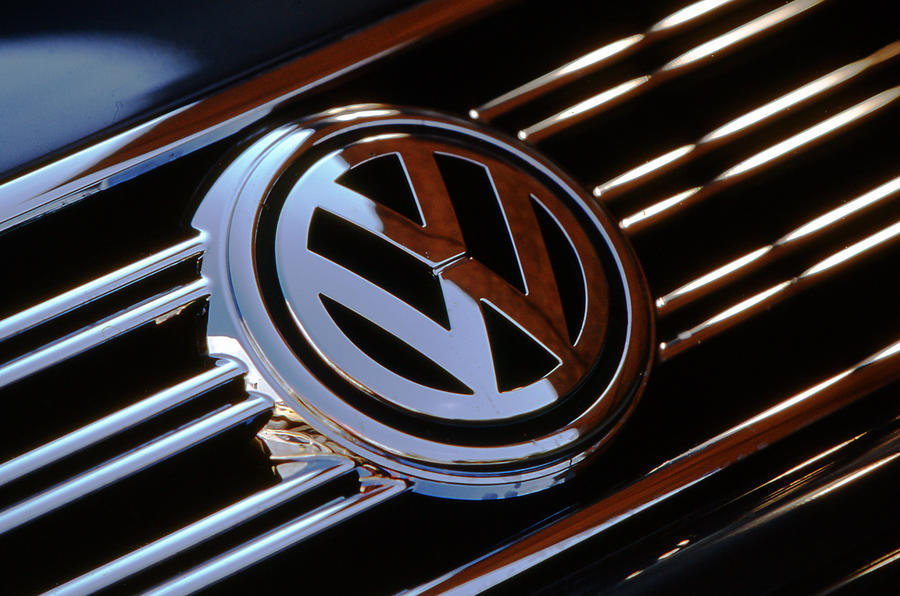Just a couple of days after VW admitted to falsifying diesel emissions tests in the US, Porsche Automobil Holding SE bought a 1.5% shareholding in VW from Suzuki.
This move was a leftover from 2009 when VW bought a near-20% stake in the Japanese automaker, famed for its ability to build low-cost, high quality small cars.
Moving in after the global credit crunch, VW was driven by its determination to expand on all fronts, on its way to becoming the world’s largest car maker.
One area where VW was lacking was the ability to build profitable small cars, especially for the booming Chinese and Indian markets.
According to Suzuki’s side of the story, VW wanted access to Suzuki’s engineering abilities but the Japanese claimed they were unlikely to get similar access to VW tech. VW and family-owned Suzuki fell out in 2011. Suzuki’s demand that it should be able to buy back VW’s 20% shareholding went to international arbitration.
Just days before ‘dieselgate’ Suzuki spent £2.4 billion buying VW’s shareholding back, after the judgement went the Japanese company’s way.
That reversal of VW’s global expansion was very minor compared with what happened over the following fortnight. The mighty German company is now completely on the back foot, and facing years of massively expensive fines and litigation.
In fact, so bad is VW’s potential situation, that one betting company is offering odds of 20 to 1 that VW Group will not be trading by the end of 2016.
While the situation is probably not quite that bad, the open-ended nature of VW’s potential liabilities means that its share price will be depressed for years, borrowing costs will rise, and the company’s huge research and development budget will have to be radically trimmed.
And that’s on top of the costs of the recall work and owner compensation. The manufacturing and fitting of around 11 million engine ECUs is the bare minimum needed. Hardware modifications would add another whole level of cost and complexity.




Join the debate
Add your comment
A reminder of Ford
Is this untrue?
Quite right, but Hilton often
Volkswagen is more secure than you may think...............